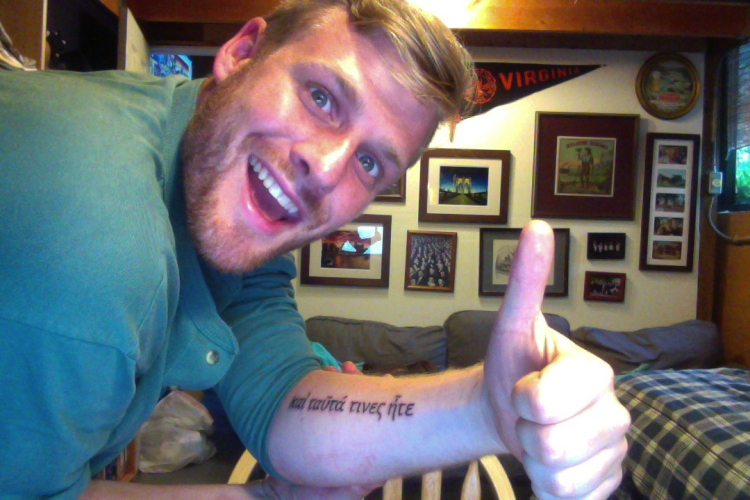Ex. 25:1 The LORD said to Moses, 2 “Speak to the people of Israel, that they take for me a contribution. From every man whose heart moves him you shall receive the contribution for me.”
Read Exodus 25:1-27:21
One of life’s wonderful surprises is to be on the receiving end of generosity. Receiving generosity stirs in us affections. If we go out to dinner with friends and they offer to pay, we may be surprised. The greater the generosity the more we are overwhelmed. So it is with the people of Israel. There is a wonderful song that my family used to sing over Passover called, Dayeinu. This word in Hebrew means “It would have been enough.” After every verse the words Dayeinu are sung. Let Dayeinu sink in:
If He had brought us out of Egypt. Dayeinu!
If He had executed justice upon the Egyptians. Dayeinu!
If He had executed justice upon their gods. Dayeinu!
If He had slain their first-born. Dayeinu!
If He had given to us their health and wealth. Dayeinu!
If He had split the sea for us. Dayeinu!
If He had led us through on dry land. Dayeinu!
If He had drowned our oppressors. Dayeinu!
If He had provided for our needs in the wilderness for 40 years. Dayeinu!
If He had fed us manna. Dayeinu!
If He had given us Sabbath Rest. Dayeinu!
If He had led us to Mount Sinai. Dayeinu!
If He had given us the Torah. Dayeinu!
If He had brought us into the Land of Israel. Dayeinu!
If He built the Temple for us. Dayeinu!
This passage comes after Moses and the elders meet God on the mountain. Whilst on the mountain, God gives them the instructions and designs for building the tabernacle. The building project and “financial campaign” that Moses and the elders of Israel embark on is not predicated on a sense of debt or duty. They count it as the joyous overflow of worship to their Redeemer.
The more we understand Grace, the less we will be gripped by gild. Money will become just that: money. It will lose its subtle, yet divine-like status in our lives. The people of Israel’s hearts are moved to respond the overtures of Grace (Exodus 25:2).
How much more will we who know the full Exodus story. The Story of the Lamb who took our place be moved to generosity? Jesus’ generosity on the cross was overwhelming. He did not tithe his blood, but gave it all. So we are moved to care for the needs of others as God provided for our deepest need, the need of Redemption. We are moved to generosity, giving and tithing.
Let God’s Grace flood you with generosity in all you do today.








